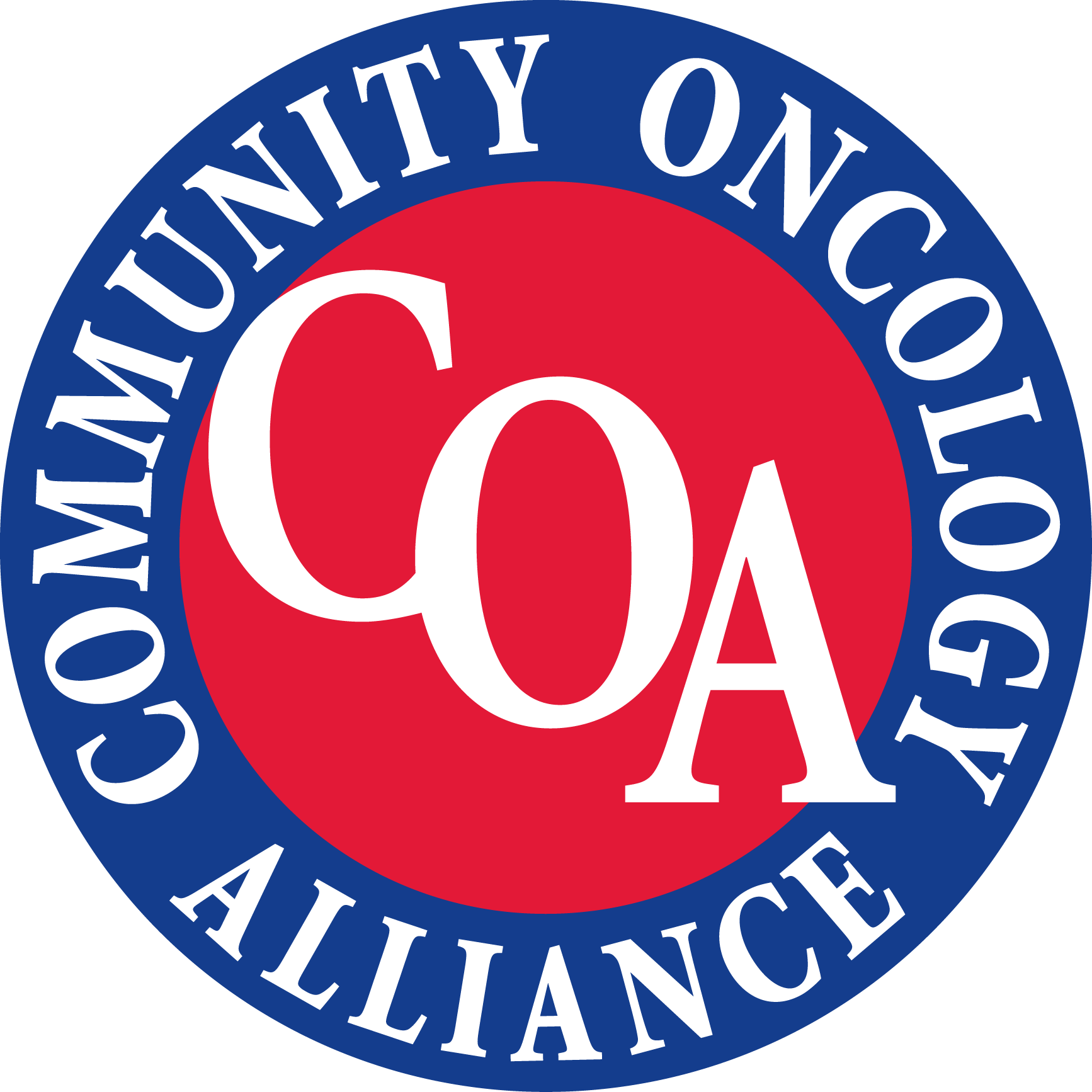
Dr Debra Patt: Consolidation and New Advanced Therapies in Oncology

Debra Patt, MD, PhD, MBA, executive vice president at Texas Oncology, discusses financial drivers affecting community oncology as well as new advances within cancer care that allow it to be treated as a chronic disease.
It's been a remarkable time of scientific discovery benefitting patients even as the landscape of community oncology has changed, said Debra Patt, MD, PhD, MBA, Executive Vice President at Texas Oncology.
Transcript
The Communty Oncology Alliance (COA) is celebrating its 20th year in 2023. How has community oncology changed in the past 20 years, and what are the greatest challenges ahead?
Community oncology has changed quite a bit in the last 20 years. What we've seen is a lot of financial drivers for consolidation that have made community oncology practices much fewer in number. In many states, there are very few community oncology practices at all, because many practices that have historically been community oncology practices, private practices, because of pressures in the market, have aligned with hospital systems. Even if the practice looks the same, the name on the shingle might be different. And the cost has gone up. There's been a tremendous shift in community-based cancer care.
Cancer care, though, has also gone through changes. You know, it's been a remarkable time of scientific discovery. We have immunotherapies that we didn't have 20 years ago. We have a tremendous number of targeted therapies. Today, about 30% of our patients are treated with oral therapies, even who have chronic and advanced cancer. That really makes cancer a chronic disease, much like hypertension, or diabetes, for many patients.
And so, instead of treating a patient and a brief episode for a short period of time, what happens is many patients, even with advanced cancer, are seeing their oncologist regularly to manage their cancer as a chronic disease. Our relationship with patients has changed. And how patients get treatment have has changed. These advances have really led most patients to be able to continue to function in their lives while they get treated with cancer. This means that they go to work at their jobs, they pick up their kids from soccer practice, they eat at their dinner table. Those are all exciting advances.
Newsletter
Stay ahead of policy, cost, and value—subscribe to AJMC for expert insights at the intersection of clinical care and health economics.









